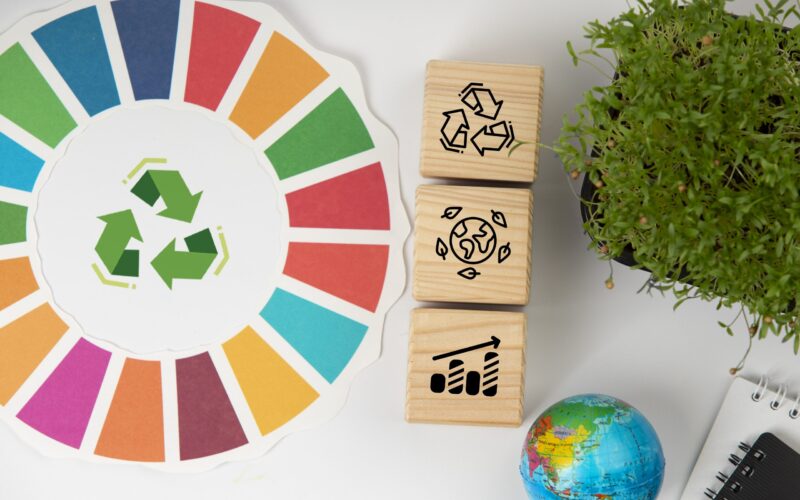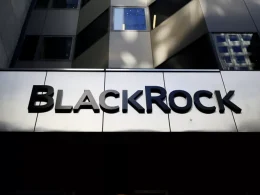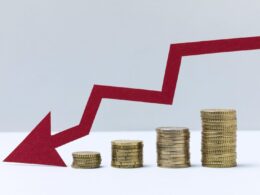The latest survey by PwC revealed that business leaders are increasingly embedding sustainability principles and making structural changes to act on them. The study shows that eight out of 10 businesses have a sustainability strategy with 52% having it fully embedded in the system, 28% having the strategy documented but not fully embedded, 17% having an informal strategy and only 2% not having a strategy at all.
The ‘Sustainability in the Middle East 2024: Breaking through barriers’, indicates growing momentum on the sustainability agenda. As per the study, 50% of the companies have already made Net-Zero commitments and 26% are working towards it. While 16% have not made commitments, 9% are still unsure about it.
Also, 48% of companies either already have a Chief Sustainability Officer or plan to appoint one within the next 12 months. For 90% of survey respondents, the new leadership roles such as CSOs involve both setting sustainability strategy and policy and overseeing monitoring and reporting. The survey also shows that two-thirds of companies in the Middle East now produce sustainability reports or key metrics.
Finance has also seen a breakthrough with companies reporting that they are increasingly able to access green bank loans and green bonds instead of just self-funding sustainability initiatives. While self-funding remains the most common green finance source for two-fifths of the survey respondents, around 34% respondents said that they would opt for green loans, and an equal number (33%) are considering capital markets like green or blue bonds as part of their financing options.
“Business leaders in the Middle East are increasingly embedding sustainability principles and making structural changes to act on them. They need to be convinced that sustainability actions can not only generate a return on investment but also accelerate profit. Companies that prioritise sustainability are often more profitable, as climate-conscious consumers prefer brands that commit to environmental responsibility. Businesses that take climate risks seriously and future-proof their operations and supply chains are likely to perform better in the long run, said Dr. Yahya Anouti, Partner, Strategy&, PwC Middle East Sustainability Leader.





















